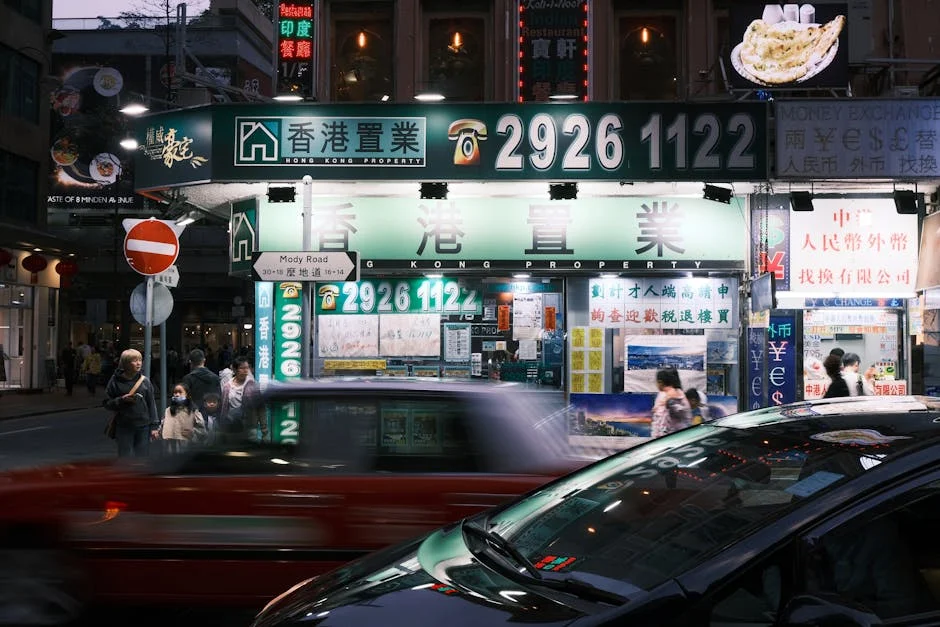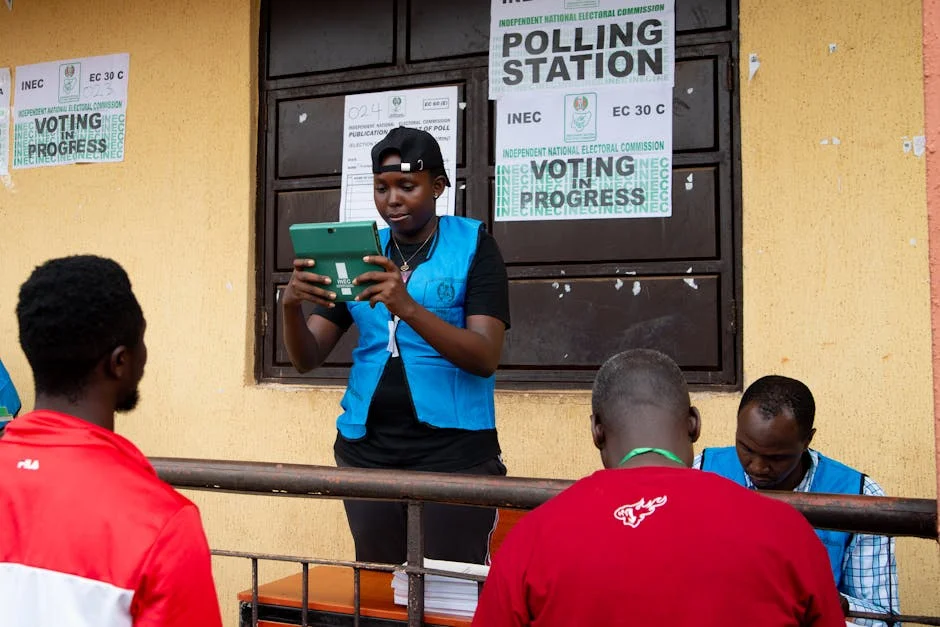The United Kingdom issued some 132,000 visas to Nigerians in the first half of the year,Jonny Baxter, British Deputy High Commissionerin Lagos has said.
He revealed the number in an interview with the News Agency of Nigeria (NAN) in Lagos on Thursday.
Baxter, however, could not readily give the total number of applications received from Nigerians during the period.

“In the first half of the year, we granted approximately 132,000visas, and those are all sorts of visas which include visit, work and study visas.
“In the previous full year before that, we issued about 324,000. The UK, in that year, issued about three million visas, and of those three million visas, 324,000 were issued to Nigerians, which is about 10 percent.
“ If you think about Nigeria’s population, relative to the world, that’s actually a higher proportion of Nigerians taking up those visas and coming to the UK which I view is a good thing.
“The UK has a huge number of Nigerian students in the country, and in terms of foreign students in the UK, Nigeria is second only to India.
“We welcome and value the many Nigerians that we have coming to the UK to study or settle, as long as they are coming through legal routes, and it is important that the country’s rules are followed and respected,” he said.
Baxter reiterated that change in the rules of students bringing dependents was a necessity, based on an international challenge.
“ In 2019, Nigerian students going to the UK brought in 1,500 dependents. By 2022/2023, that number had risen to 52,000 dependents, that’s a massive increase.
“ Nigeria is not unique, as it has happened for many other countries and indeed, this change on the dependents is an international challenge.
“It is not surprising that a country, Britain in this case, that is facing that kind of change to the numbers of people coming in the country, wants to look at the policy and would want to change and amend their policy.
“This is definitely not a case of saying that we don’t want students to come, we definitely want students still to come, and the new policy would come in in January 2024.”
He explained that UK government reviews its visa fees on a regular basis, noting that increments are taken when it becomes a necessity.
“What the British government has decided to do is they review fees all the time, and they’ve decided that because of the cost of processing visas, those costs that people applying for visas need to pay should go up as well.
“The other thing that I think is probably not often recognised is that, for some of those people who are going to the UK and are in some limited circumstances, those people will access services when they are in the UK and those services cost money.
“So, part of the money out of the fees in the visa process will be to pay for those services that in certain circumstances, some people may need to access when they’re there. So for me, that’s an entirely justifiable thing.
“But I completely understand it is important for us to explain it so people understand reasons for increment,” he said.
He advised the public to always apply for visa well ahead of their scheduled travels, noting that there are processes and time frames in granting visas. (NAN)



